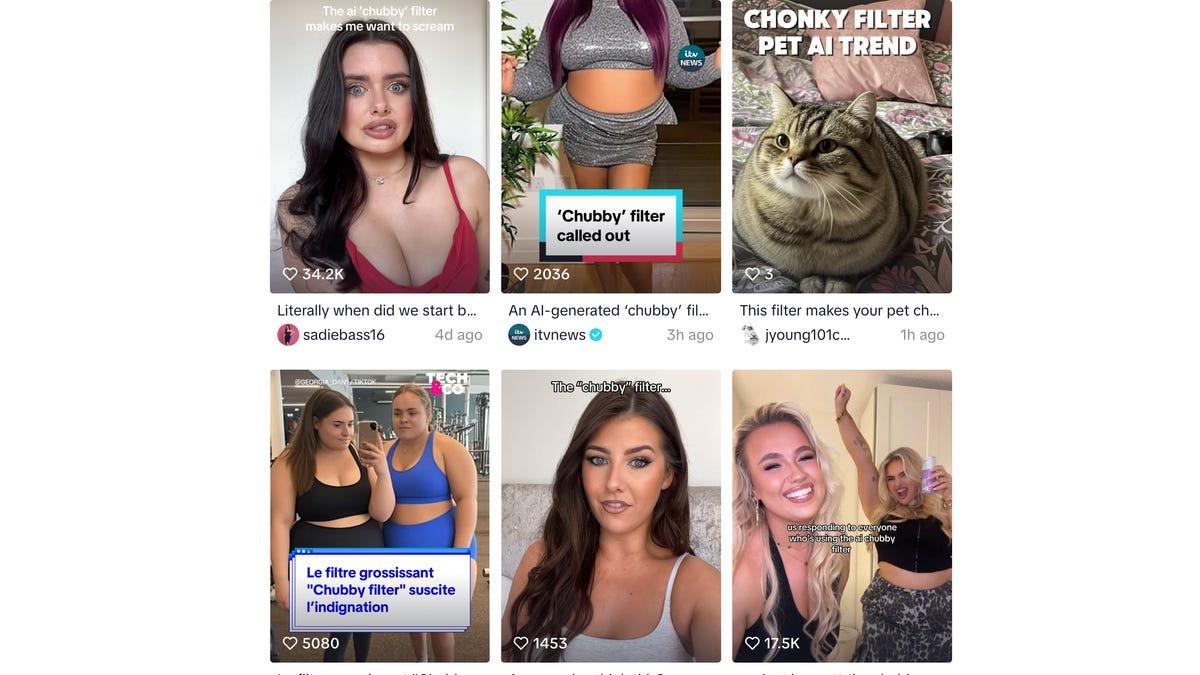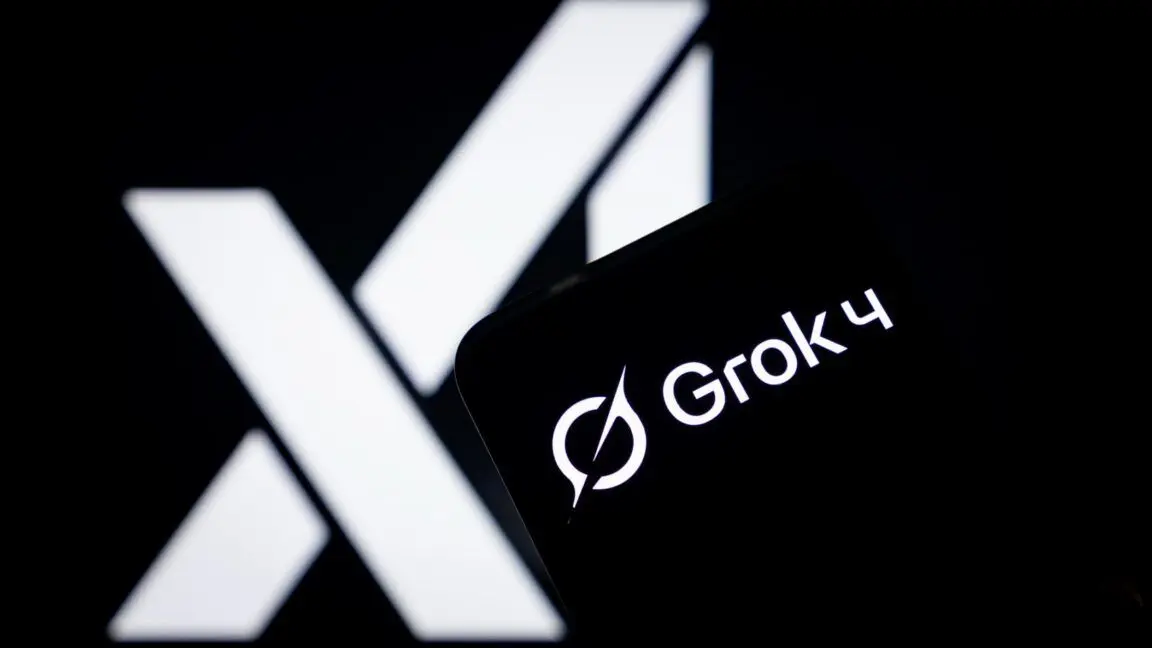TikTok Lite App Raises Safety Concerns for Millions of Users Worldwide
2 Sources
2 Sources
[1]
Study: TikTok Lite is a 'safety hazard' for millions of users around the world
The low-bandwidth version of the popular app lacks several major safety features that could be potentially dangerous. TikTok was the first social media app to label AI-generated or potentially dangerous content, but not all versions of the app offer this useful information. Two non-profit organizations dedicated to online safety say that's a big issue. In a 16-page report released today, Mozilla and AI Forensics detail how TikTok Lite, a low-bandwidth version of the app intended for areas around the world with limited internet connectivity, has "alarming discrepancies" when it comes to safety features, several of which contradict TikTok's own policies. TikTok Lite, which isn't available in the US or most of Europe, launched earlier this year in France and Spain. The app, which uses less battery, takes up less storage, and consumes less data, already has over 1 billion downloads. It immediately caught the attention of regulators because of a program that awarded users cash for engaging with content, creating an addictive atmosphere. TikTok quickly ended the rewards program, but the app is still facing scrutiny. Also: TikTok is building a US-based version of its algorithm. Here's what that means for you TikTok Lite sacrifices user protection in two main areas, today's study found. First, it has no warning labels for potentially harmful videos, like pranks, health-related content, graphic content, political misinformation, and AI-generated content. Second, it lacks basic user controls to help you block certain content or keywords and set screen time limits, like the main TikTok app does. TikTok lets you set daily screen time limits or schedule breaks if you scroll for a certain amount of time. The Lite version of the app doesn't have these same options. AI Forensics co-founder Claudio Agosti says TikTok made this choice deliberately. "The safety features TikTok Lite lacks aren't complex and are perfectly compatible with a lower-bandwidth app," he wrote in the study. "TikTok's decision to ignore these safety measures is clearly a choice, not a technical necessity." Because TikTok Lite doesn't flag content, the study explains, it makes it easier for content that goes against the app's policy, like explicit, graphic, or dangerous videos, to make it through to viewers. Mozilla and AI Forensics are calling on ByteDance to make three changes with TikTok Lite: Tech platforms often put growth over user safety, the study concludes, especially in emerging markets, and ByteDance is no different.
[2]
TikTok's Lite Version Missing 'Critical' Safety Features, Researchers Find
TikTok Lite, the low-data version of TikTok that's been downloaded millions of times, lacks some key safety features that could pose risks to users around the world. That's according to a new report from Mozilla Foundation researchers, who compared the regular TikTok app to TikTok Lite and found "cause for alarm." While TikTok Lite isn't available in the US, it has launched in "emerging markets" as well as some more developed nations. The researchers found that TikTok Lite is missing key warning labels that otherwise appear on some videos on its main app. They noted that TikTok Lite, technically listed as "TikTok Lite - Save Data," is missing AI-generated content labels, hazardous activity warning labels, health warning labels, political labels, and misinformation labels. TikTok has made a big deal out of its efforts to combat election misinformation and AI deepfakes, but isn't applying all of those standards to the Lite version. TikTok Lite also doesn't block sensitive content with its typical warning message, according to the report. The Lite version cuts off some video descriptions, is missing the main app's screen time management features, and doesn't let users filter comments to prevent spam or offensive comments from appearing under their videos, either. TikTok Lite is also missing content preference settings like "restricted mode," which lets users on the main app further filter out inappropriate or undesired content. "This trend mirrors a well-established pattern among companies in the context of global capitalism and exploitation, where substandard and unsafe products often find a dumping ground in economically disadvantaged regions," the researchers argue in their report. "Consequently, TikTok Lite - Save Data users may be more susceptible to app addiction and exposed to potentially more graphic, dangerous, misleading, and otherwise harmful content." TikTok Lite's Android version has been downloaded approximately 12.7 million times in the past month alone, according to AppFigures data. It's popular in countries like South Africa, Indonesia, the UAE, Mexico, Brazil, Egypt, and Pakistan, as well as other nations in South America, the Middle East, and Southeast Asia, per AppFigures. TikTok Lite's iOS version is most popular in Japan and South Korea, with Japan making up nearly 82% of all TikTok Lite downloads in the past month. The Mozilla team didn't examine this app version, however. PCMag asked TikTok for comment on the differences between the iOS app and the Android "Save Data" version. TikTok Lite is primarily designed for users who may only have access to 2G or 3G data connections or don't otherwise have a more powerful phone able to store and run the regular version of TikTok. Regardless, TikTok's main version is available for those who want it in all the same countries where TikTok Lite is live. While TikTok Lite may be light on safety labels, the platform insists it still handles content removal similarly across both TikTok and its little sibling. "There are several factual inaccuracies in this report which fundamentally misrepresent our approach to safety," a TikTok representative tells PCMag in a statement on Mozilla's findings. "The fact is content that breaks our rules is removed from TikTok Lite the same way as our main app and we offer numerous safety features which we would have explained if Mozilla asked us before publishing their report," the TikTok rep continued. TikTok did not immediately respond to whether it would add the safety labels and features in question to its Lite apps in the future.
Share
Share
Copy Link
A recent study reveals that TikTok Lite, a stripped-down version of the popular social media app, lacks crucial safety features, potentially endangering millions of users globally.

TikTok Lite: A Stripped-Down Version with Stripped-Down Safety
TikTok Lite, a simplified version of the popular short-form video app, has come under scrutiny following a recent study that highlights significant safety concerns for its users. The app, which is designed to use less data and storage space, is available in various countries but not in the United States or European Union
1
.Missing Critical Safety Features
Researchers from the Network Contagion Research Institute (NCRI) have found that TikTok Lite lacks several essential safety features present in the main TikTok app. These missing features include:
- Content warnings
- A "For You" page
- Age verification
- Parental controls
- Screen time limits
The absence of these features potentially exposes users, particularly younger ones, to harmful content without adequate safeguards
2
.Global Reach and Potential Impact
TikTok Lite has been downloaded over 329 million times since its release in 2018. It is particularly popular in Southeast Asian countries such as Indonesia, Philippines, and Thailand. The app's widespread use in these regions, combined with its lack of safety features, raises concerns about the potential exposure of millions of users to inappropriate or dangerous content
1
.Related Stories
Algorithmic Differences and Content Moderation
The study also revealed that TikTok Lite's algorithm differs significantly from the main app. While the main TikTok app uses a sophisticated algorithm to curate content for users, TikTok Lite relies more heavily on user-generated hashtags. This difference in content curation could potentially lead to the spread of misinformation or exposure to inappropriate content
2
.TikTok's Response and Future Implications
In response to the study's findings, a TikTok spokesperson stated that the company is continually working to enhance safety features across all its apps. However, the specific concerns raised about TikTok Lite were not directly addressed
1
.As social media platforms continue to develop lighter versions of their apps for emerging markets, the balance between accessibility and user safety remains a critical issue. The findings of this study highlight the need for consistent safety standards across all versions of social media applications, regardless of their target market or device specifications.
References
Summarized by
Navi
Related Stories
Recent Highlights
1
ByteDance Faces Hollywood Backlash After Seedance 2.0 Creates Unauthorized Celebrity Deepfakes
Technology

2
Microsoft AI chief predicts artificial intelligence will automate most white-collar jobs in 18 months
Business and Economy

3
Google reports state-sponsored hackers exploit Gemini AI across all stages of cyberattacks
Technology








